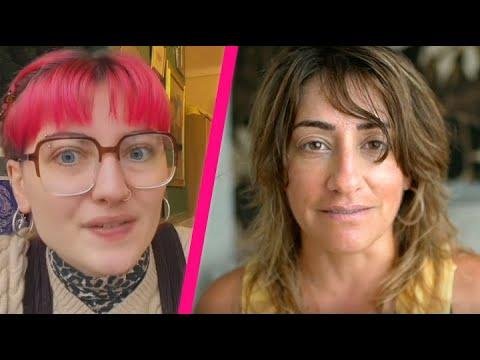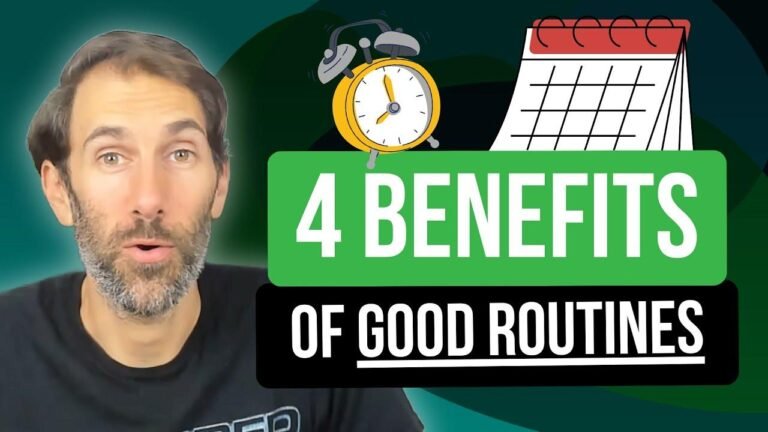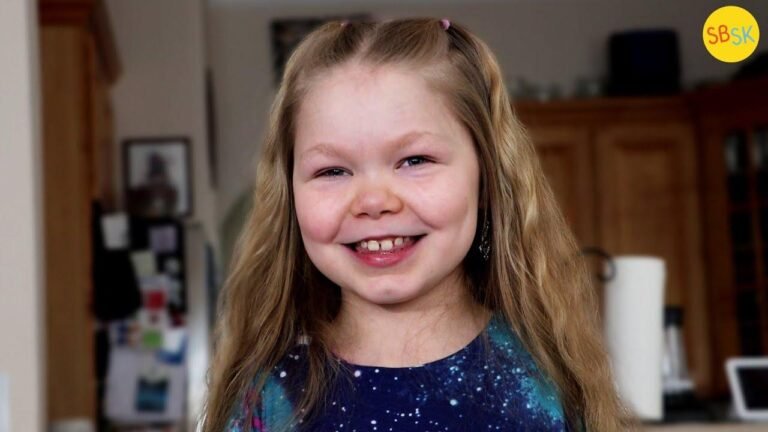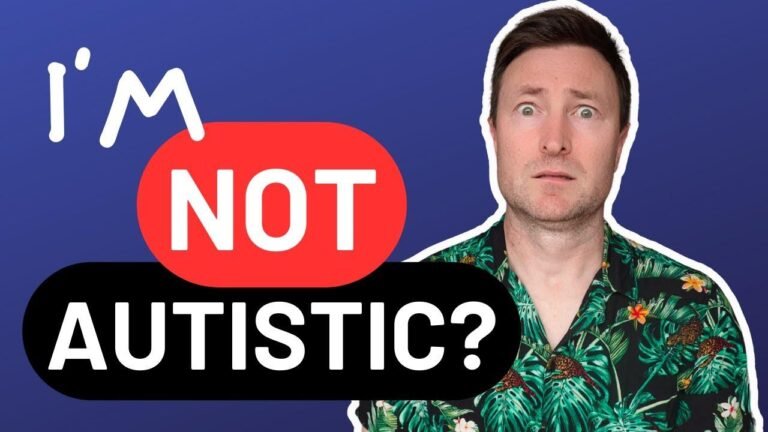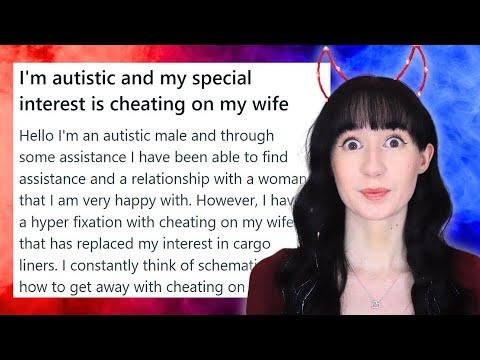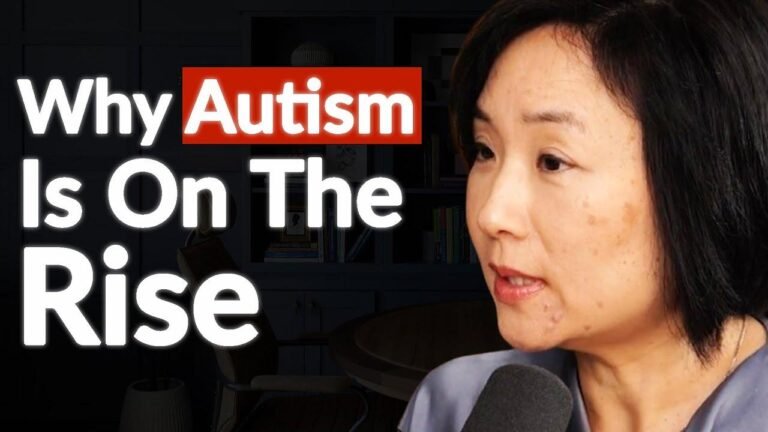Discover the Hidden Depths of “Queer Joy”: Exploring the Journey from Autistic to Trans
The link between autism and the LGBT community is a complex issue. Autistic people are often targeted by the queer activist movement, but being LGBT is not the same as having a mental illness. The lack of social awareness and depression can make it easy for a cult-like movement to take advantage of them. It’s important to have strong boundaries and not be afraid of rejection. Embrace your true self and love yourself. 🌈 #Authenticity #EmbraceYourself
Understanding the Connection Between Autism and the LGBTQIA+ Community 🌈
Autistic individuals are more likely to be part of the LGBTQIA+ community. But why is this distinction important? It’s not just about being LGBT, but also about the impact of mental illnesses on identity and self-expression. Let’s delve deeper into this connection and explore how it affects individuals in both communities.
Five Key Reasons for the Attraction Between Autism and the Queer Movement 🌈
Autistic individuals are often targeted by the queer activist movement. This unique attraction can be attributed to five main reasons:
The Odd Man Out: Autistic individuals often struggle with social cues and understanding abstract concepts, leading them to feel like outsiders.
The Joy of Queerness: The LGBTQIA+ community celebrates differences and offers a sense of belonging to those who feel like they don’t fit in elsewhere.
The Unique Obsessions of Autistic Individuals 🌈
People with autism tend to obsess over specific interests, finding solace and joy in diving deeper into their passions. However, this clarity and joy in self-discovery can be misconstrued as gender identity exploration within the queer community.
- The Deep Dive Into Gender Ideology: Autistic individuals’ specific obsessions might be misunderstood as a journey of self-discovery within the fluid landscape of gender identity.
The Struggle with Social Awareness 🌈
Autistic individuals often struggle with understanding social cues and norms, leading them to seek acceptance and understanding within the LGBTQIA+ community.
- The Impact on Mental Health: The struggle with social awareness can lead to increased vulnerability and mental health issues within both communities.
The Impact of Woke Culture and Mental Well-Being 🌈
Embracing woke attitudes and ideologies can have a detrimental effect on the mental health of both autistic and LGBTQIA+ individuals.
- The Influence of Woke Culture: Woke attitudes can lead to increased anxiety, depression, and a sense of rejection among individuals in both communities.
Conclusion 🌈
The intersection of autism and the LGBTQIA+ community is complex and multifaceted, impacting individuals in unique ways. Understanding these connections is crucial for fostering empathy and support within these communities.
Key Takeaways:
- The impact of mental health within the LGBTQIA+ and autistic communities.
- The potential misunderstandings and misconceptions surrounding identity and self-discovery.
- The influence of woke culture on the well-being of vulnerable individuals.
FAQ:
- How does the queer activist movement affect autistic individuals?
- What strategies can be implemented to support the mental well-being of individuals in both communities?
Remember, understanding and compassion are essential for creating a supportive environment for all individuals, regardless of their identities. Let’s continue to explore and learn from each other’s experiences as we navigate the intersection between autism and the LGBTQIA+ community. Never stop advocating for mental health and well-being within these diverse and vibrant communities.

